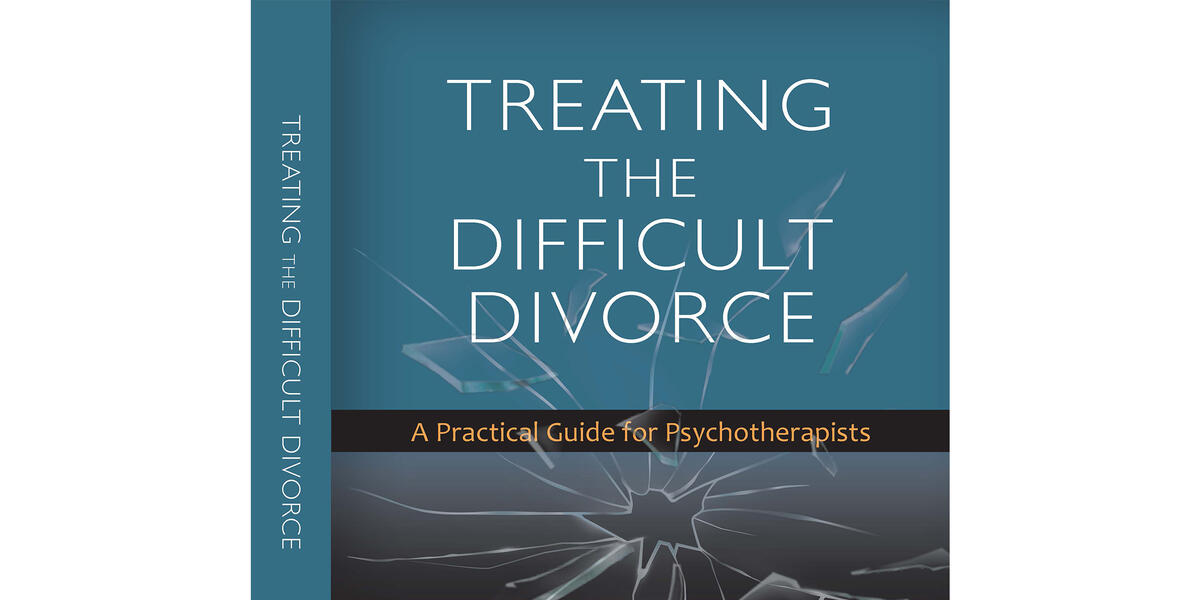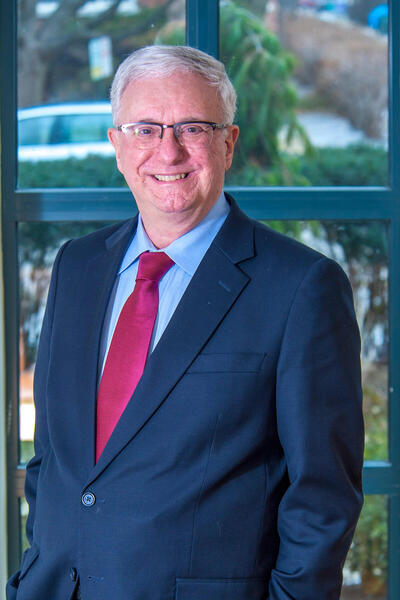About the Book
Out of all marriage and family conflicts, divorce is a serious challenge to not only the couples and children who undergo it, but also the behavioral health professionals as standard psychotherapeutic approaches are sometimes inadequate to address the complex issues of families in severe distress.
In this newly published book, Treating the Difficult Divorce: A Practical Guide for Psychotherapists, Jay Lebow, senior scholar and senior therapist at The Family Institute, presents his approach to treating difficult divorce that psychotherapists can use when working in various settings — with the whole family, a divorcing couple, a parent and child, or even an adult or child seen in individual therapy. With nearly 40 years of clinical practice, Dr. Lebow describes concrete interventions that achieve realistic treatment goals and provides case examples on how he has worked with difficult divorce.
Read Book Excerpt on the American Psychological Association's website
What people are saying about the book
"Lebow, a leading authority in the field of family therapy, provides an essential guide for working with highly conflictual and toxic divorce situations. Grounded in the latest research and drawing on his extensive clinical experience with difficult divorces, he distills core principles and techniques to reduce risks and foster resilience as parents and their children navigate this disruptive transition. A must-read for all psychotherapists in training and practice."
— Froma Walsh, Ph.D., Cofounder and Codirector, Chicago Center for Family Health, Mose and Sylvia Firestone Professor Emerita, The University of Chicago, Chicago, IL, and author of Strengthening Family Resilience"Divorce is almost always difficult and painful for everyone involved, but for some couples and families, the process is excruciating. Lebow provides the most comprehensive, thoughtful, and helpful discussion that I have read for how therapists can help couples through a challenging divorce."
— Don Baucom, Ph.D., Distinguished Professor of Psychology and Neuroscience, University of North Carolina at Chapel Hill


